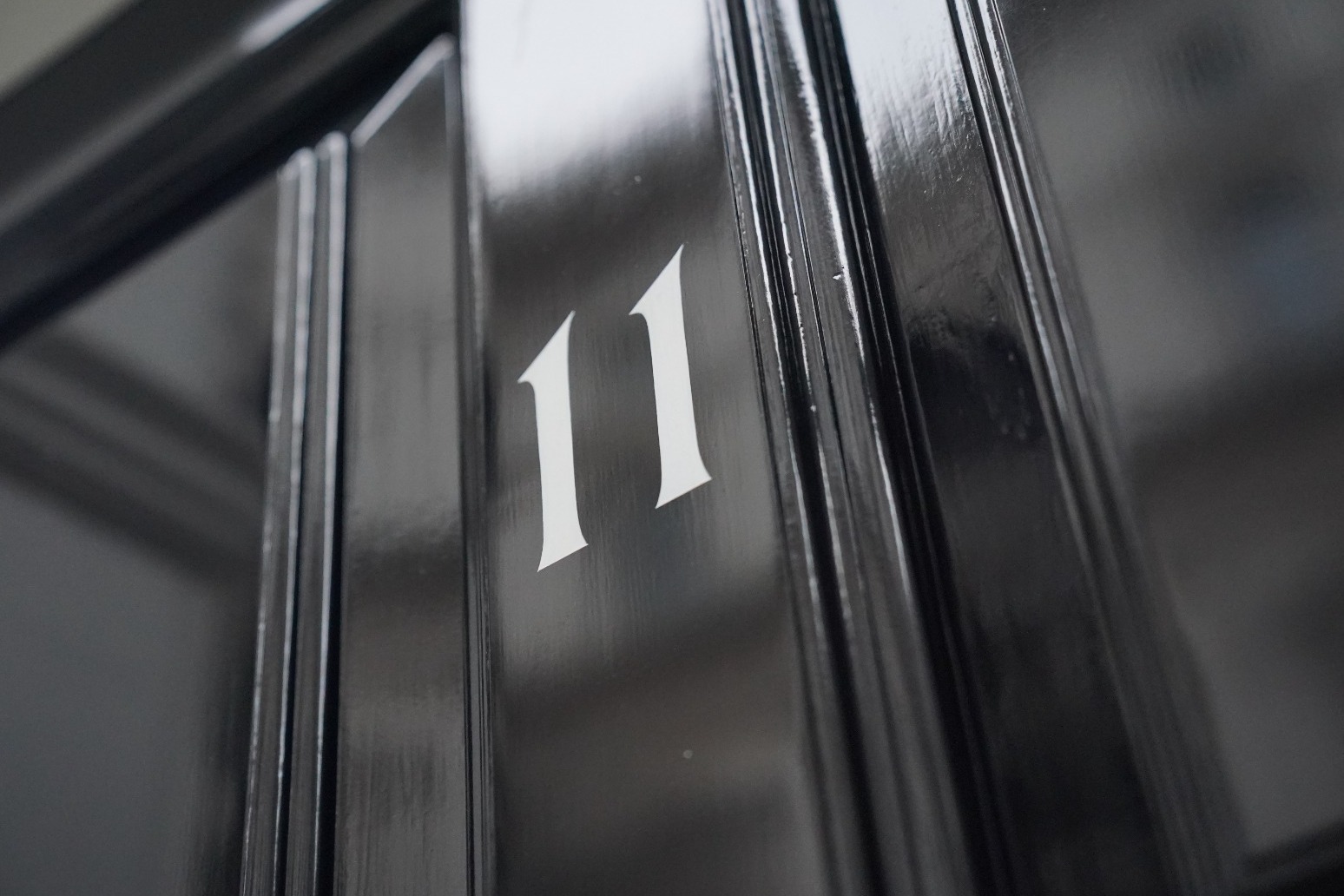
Jeremy Hunt is expected to make a 2p cut to national insurance central to his Budget.
The Chancellor, who has faced pressure from Tory MPs to ease the record-high tax burden, promised “permanent cuts in taxation” that would bring “higher growth” as he seeks to woo voters ahead of this year’s general election.
He looks likely to announce a cut in national insurance by a further two percentage points on Wednesday, matching a cut in the autumn statement.
The change could save the average worker £450 a year, adding up to £900 when combined with last year’s move.
Mr Hunt was widely reported to have defied calls from some in Downing Street and many Conservative MPs to reduce income tax, which is more expensive but better understood by many voters.
They were concerned another national insurance reduction would not be enough to boost Prime Minister Rishi Sunak’s party’s dire poll ratings, after the last one failed to move the dial.
Mr Hunt was said to have taken the decision after the fiscal watchdog the Office for Budget Responsibility downgraded the amount of fiscal headroom available for delivering tax cuts or spending commitments, within the Chancellor’s self-imposed rule of having debt falling as a share of gross domestic product (GDP) by 2029.
An income tax cut, previously promised by Mr Sunak, could reportedly still feature in a fiscal event later this year or in the Conservative election manifesto.
Two former home secretaries criticised the move, with Suella Braverman saying “my preference would be 2p off the basic rate of income tax” and Dame Priti Patel calling for the unfreezing of income tax thresholds.
In comments ahead of his Budget, Mr Hunt said: “Because of the progress we’ve made because we are delivering on the Prime Minister’s economic priorities we can now help families with permanent cuts in taxation.
“We do this not just to give help where it is needed in challenging times. But because Conservatives know lower tax means higher growth. And higher growth means more opportunity and more prosperity.”
He added that growth “cannot come from unlimited migration”, but “can only come by building a high-wage, high-skill economy”.
With polls suggesting Labour is on track to win the general election, Mr Hunt will use his Budget to set electoral dividing lines with Sir Keir Starmer’s party.
He repeated the Tory attack line that Labour would take the country backwards, saying: “Instead of going back to square one, our plans mean more investment, more jobs, more productive public services and lower taxes, sticking to our plan in a Budget for long-term growth.”
But shadow chancellor Rachel Reeves said Labour is “now the party of economic responsibility” as she accused the Tories of overseeing “fourteen years of economic failure”.
She said: “The Conservatives promised to fix the nation’s roof, but instead they have smashed the windows, kicked the door in and are now burning the house down.
“Taxes are rising, prices are still going up in the shops and we have been hit by recession. Nothing the Chancellor says or does can undo the economic vandalism of the Conservatives over the past decade.”
Labour also said any reductions would be cancelled out by the Government’s continued freeze on tax thresholds, meaning more people are dragged into a higher band as their pay increases.
Experts said that a 2p reduction in national insurance contributions would not by itself be enough to stop the tax burden reaching record levels by the end of this decade.
The Institute for Fiscal Studies said the measure would not prevent taxes rising to about 37% of GDP by 2028-29.
The Resolution Foundation think tank said the biggest net beneficiaries of the national insurance cut, combined with threshold freezes, are those earning £50,000, while those earning £19,000 or less will actually be worse off.
Mr Hunt has said he will not pay for tax cuts with borrowing, meaning a combination of spending cuts and tax rises elsewhere will be necessary.
Tax rises could include a levy on vapes, a tax raid on owners of short-term holiday lets, and the scaling back of non-dom tax relief – a policy previously advocated by Labour and opposed by ministers.
Shadow health secretary Wes Streeting told Sky News that if the Tories steal the measure “we’ll have to look at other alternatives” to fund Labour’s NHS spending plans “because we’ve already made those commitments”.
He also predicted the Prime Minister would call an election in May, although Mr Sunak has previously signalled polling day will be in the second half of this year.
A possible extension of the energy windfall tax faced fierce opposition from Scottish Tory leader Douglas Ross, the Telegraph reported.
Mr Hunt could shave more off his post-election public spending plans to fund giveaways, reducing overall departmental spending – currently pencilled in to rise by 1% per year in real terms after 2025 – to 0.7%.
Experts have warned of a possibly implausible spending squeeze after the election that could harm strained public services.
In a sign he could go down that path, Mr Hunt defended austerity, saying it was only because the Government “reduced the deficit” that it could “generously” help people during the pandemic.
Published: by Radio NewsHub









